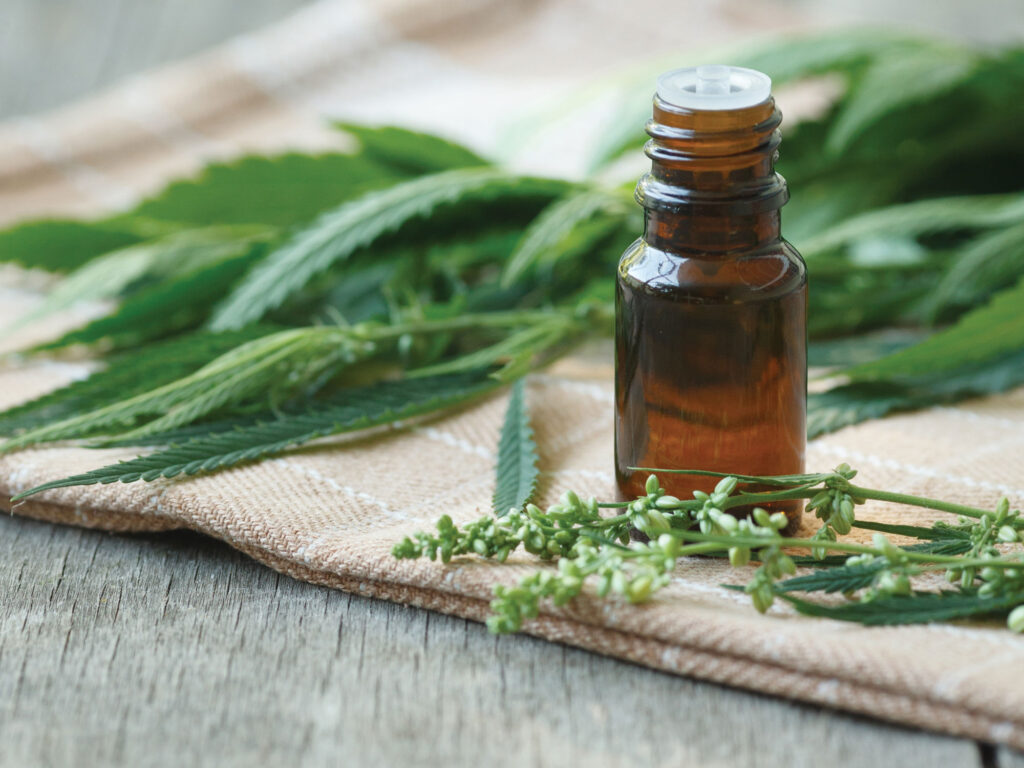Advertisement
Rash Attack
A parent’s guide to common skin rashes and sensitivities

Sweet September. Kids are back to school and the long, lazy days of summer make way for the cooling temperatures of autumn. However, a new school year brings worries as kids are exposed to new environments and potential allergens.
As a mom of two, I know the struggle with skin irritations is real. But stay calm, friends—help has arrived. This guide explains some common skin sensitivities and how to soothe them quickly and naturally.
Advertisement
What is this and how did it happen!?
Why so sensitive? Skin irritations are common in kids, but many can be treated naturally at home, unless the reaction is serious and requires a professional. If it’s a milder irritation, according to registered holistic nutritionist Paula Blanchet of Interplay Nutrition, it’s important to scrutinize your environment for causes. Often the culprit is nearby and can easily be eliminated. Following are some common offenders.
Eczema and psoriasis
Although often confused, they are different. Eczema is a chronic condition resulting in patches of red, extremely itchy skin, often in the crooks of knees and elbows. Psoriasis presents as well-defined, thick, scaly red patches that often appear on the face, buttocks, and scalp, but are less itchy than eczema. Both are caused by overreactive immune systems and are thought to have a genetic component.
Hives
Caused by an allergic reaction, hives manifest as raised red, itchy bumps.
Chapped skin
Characterized by rough, cracked skin caused by loss of natural moisture and oils in the skin, it’s most common in dry, cold weather.
Heat rash
Heat rash appears as tiny red bumps and is caused from trapped sweat under the skin. It’s common in hot, humid weather.
Contact dermatitis
Caused by a contact reaction to a particular substance, contact dermatitis can have a range of triggers from soaps and detergents to jewellery, fabrics, and poisonous plants. Symptoms include inflammation, redness, swelling, heat, and pain.
Advertisement
How do I treat it?
Great solutions are at your fingertips. Try these home-based remedies for natural relief.
Cooling methods
For hives and heat rash, cooling can bring soothing relief. To treat a heat rash, provide cool, dry conditions; for hives, try a cold compress.
 Coconut oil
Coconut oil
Coconut oil is soothing, moisturizing, and offers anti-inflammatory effects for many minor skin irritations such as chapped lips and dermatitis. According to Blanchet, “It has natural antimicrobial properties. It is readily absorbed, nontoxic, and offers relief for milder reactions.”
Hempseed oil
Great for many skin irritations, including eczema, psoriasis, and dermatitis, it is thought to strengthen skin, leaving it better prepared to fight infections.
Aloe vera
This plant’s gel is thought to be soothing and may relieve symptoms of psoriasis, dermatitis, and other minor skin irritations involving inflammation.
Castile soap
Vancouver mom Alyssa Kensall swears by this plant-based soap traditionally made with oils such as olive and coconut. As it’s eco-friendly and gentle on skin, she mixes it with camomile and essential oils to relieve her son’s eczema.
Advertisement
How can I prevent it?
Be proactive. If you’ve found the cause of a skin sensitivity, eliminate it. If not, try these helpful tips.
Keep a journal
Lisa M., mother of two, claims a journal helped her solve the mystery of her son’s sensitivity. By keeping specific notes, she narrowed it down to a food preservative.
Stay prepared
Discovered your go-to home remedy? Keep it handy and carry it on outings. Pack homemade meals if necessary and have an emergency plan in place.
Use natural supplements
Imbalance in the gut flora can contribute to skin conditions, so a good probiotic may be helpful. Fish oils high in essential fatty acids, as well as vitamin D, are also important for skin health. Remember, always check with your health care practitioner before taking a new supplement.
As a mom, I get it: sudden skin irritations are scary. Arm yourself with natural rash reducers and say “so long” to sensitive skin.
Start with the basics
- Don’t overbathe; it dries out skin, decreasing natural moisture and causing excess irritation.
- Discourage scratching; use a natural remedy to alleviate itchy skin.
- Dress your child in cool, loose clothing; use natural, mild soaps and detergents.
Signs you should see a professional
- fever or increased severity of symptoms
- severe itching
- infection or red streaking appears
- rash lasts longer than two weeks
- spots or bruises appear
- normal activities and/or sleep are affected
- medication may be the cause
- signs of heat exhaustion or heat stroke that accompany a heat rash, such as feeling or looking unwell, swollen lymph nodes, pus, pain, or fever or chills
- signs of a severe allergic reaction, such as difficulty breathing, swelling, and gastrointestinal or cardiovascular symptoms





